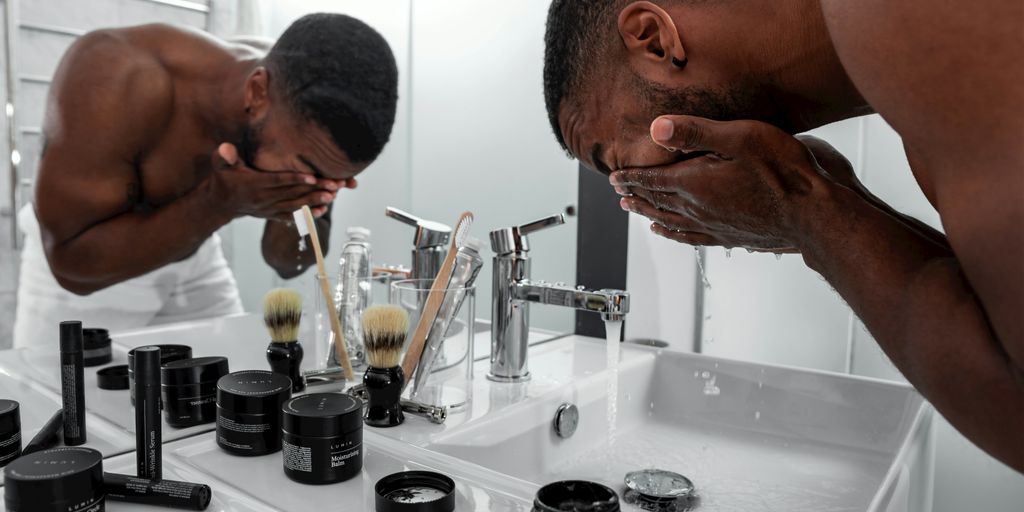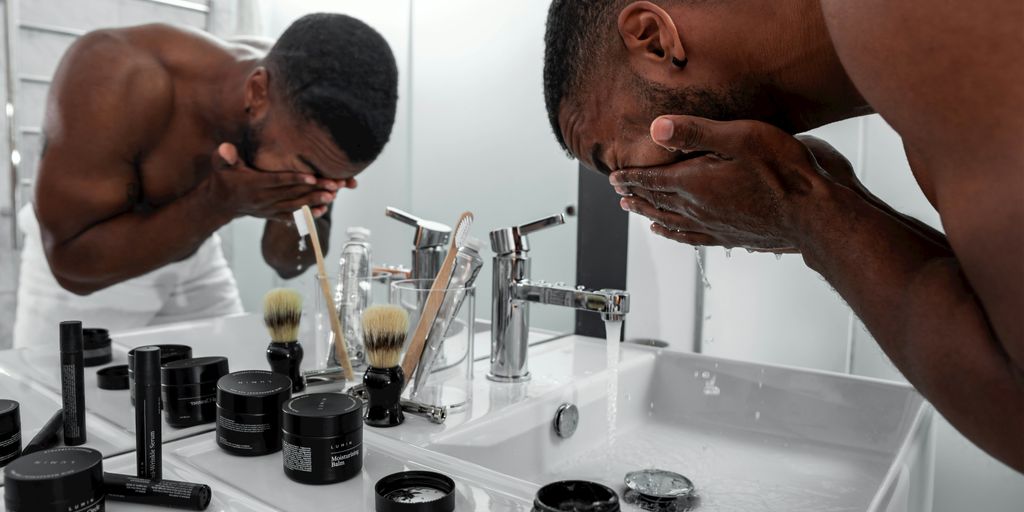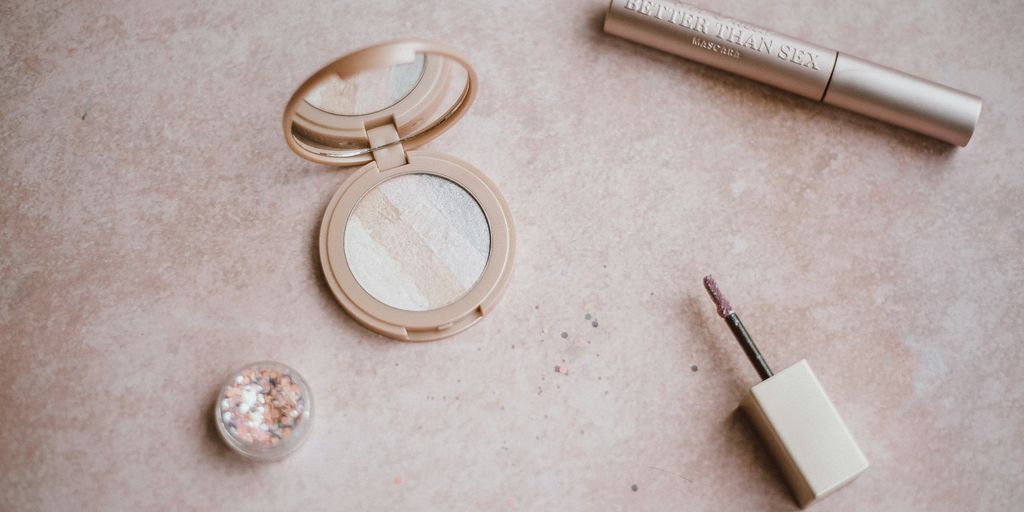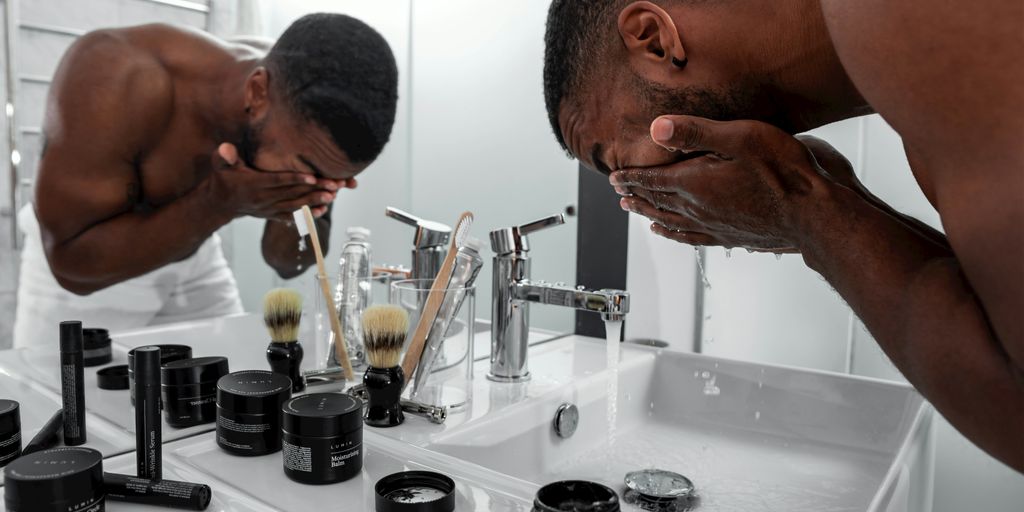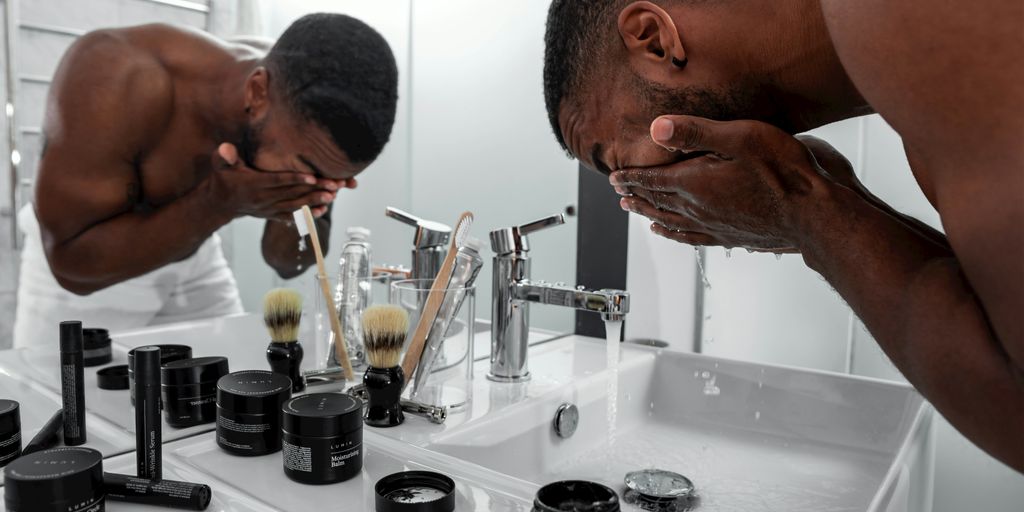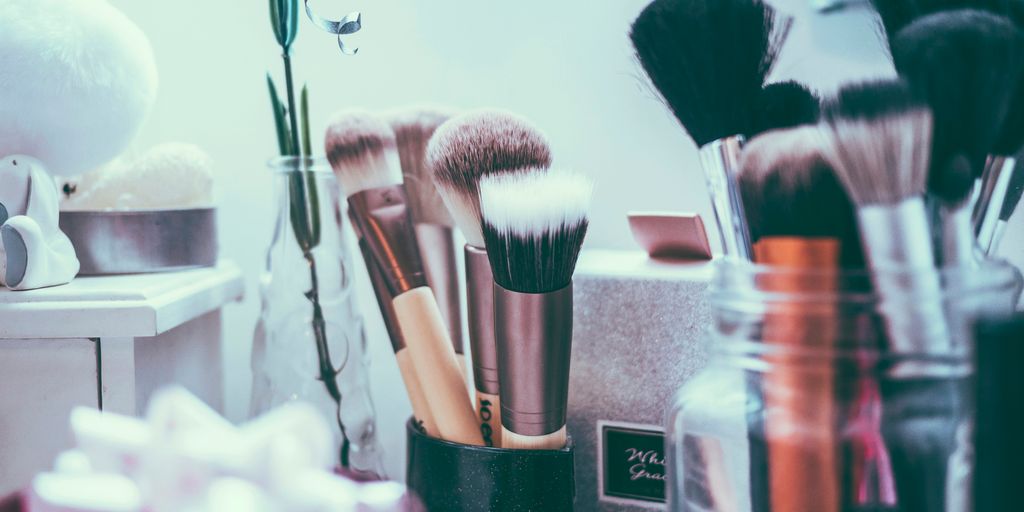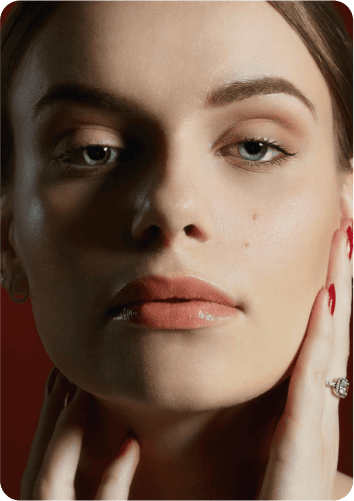As consumers become more aware of animal welfare, the question of whether brands are cruelty-free has gained importance. Tree Hut, known for its body scrubs and skincare products, has been under scrutiny regarding its animal testing policies. In this article, we will explore the truth behind Tree Hut’s cruelty-free status in 2025, examining their practices, policies, and what it means for consumers who care about ethical beauty products.
Key Takeaways
- Tree Hut’s official stance on animal testing is crucial to understanding its cruelty-free status.
- Not all brands labeled cruelty-free are the same; certification matters.
- Consumer demand has pushed many brands, including Tree Hut, to clarify their animal testing policies.
- Ethical sourcing of ingredients is a significant aspect of cruelty-free beauty.
- Alternatives to Tree Hut exist for those seeking cruelty-free and vegan options.
Understanding Cruelty-Free Certification

What Does Cruelty-Free Mean?
So, what does it really mean for a product to be cruelty-free? It’s more than just a buzzword. Basically, it means that the product wasn’t tested on animals at any stage of its development. This includes the ingredients, the final product, and even testing done by the suppliers. However, the definition can vary depending on the certification and the company itself. It’s a bit of a gray area, which is why understanding the nuances is important.
The Importance of Certification
Why bother with certification? Well, it adds a layer of trust. Without it, companies could make claims without any real oversight. Certifications are usually provided by independent organizations that have their own standards and audit processes. This helps consumers make informed choices and supports brands that are genuinely committed to ethical practices. It’s not a perfect system, but it’s better than nothing.
Common Cruelty-Free Labels
There are a few labels you’ll see pop up again and again. Here are some of the most common:
- Leaping Bunny: This is probably the most recognizable. It has strict standards and requires independent audits.
- PETA’s Beauty Without Bunnies: This one is also pretty common, but some people find their standards less stringent than Leaping Bunny.
- Choose Cruelty Free (CCF): Popular in Australia, it has a detailed application process.
It’s worth noting that some brands might claim to be cruelty-free without any official certification. While they might be telling the truth, it’s always best to look for a recognized label for extra assurance.
Tree Hut’s Animal Testing Policy
Official Statements from Tree Hut
So, what’s the deal with Tree Hut and animal testing? It’s a question a lot of us have, especially as we try to make better choices about the products we buy. Companies often release official statements to clarify their stance, and Tree Hut is no different. These statements usually outline their position on testing ingredients or finished products on animals, and whether they require their suppliers to do the same. It’s important to read these carefully, but remember that sometimes the language can be a bit vague.
Comparing Policies with Other Brands
To really understand where Tree Hut stands, it helps to compare their policies with those of other brands. Some companies have gone all-in on being cruelty-free, obtaining certifications like Leaping Bunny or PETA’s Beauty Without Bunnies. Others might have less strict policies, or only avoid animal testing in certain regions. By looking at a range of brands, we can get a better sense of what’s considered standard practice and where Tree Hut fits in. For example, Garnier got certified as cruelty-free a while back, which puts pressure on other brands to follow suit. Here’s a quick comparison table:
| Brand | Animal Testing Policy |
|---|---|
| Brand A | Certified cruelty-free by Leaping Bunny |
| Tree Hut | (Details to be confirmed based on official statements) |
| Brand C | No animal testing in North America, but may test elsewhere |
Consumer Reactions and Concerns
Ultimately, what matters most is how consumers feel about a brand’s animal testing policy. There’s been a big push lately for companies to be more ethical, and people are using their wallets to support brands that align with their values. If consumers are concerned about Tree Hut’s policies, it can lead to petitions, boycotts, and a general shift away from their products. Social media plays a huge role here, as people share information and organize campaigns. It’s all about holding brands accountable and demanding better practices.
Consumers have a lot of power. By voicing concerns and supporting cruelty-free brands, they can influence companies to change their policies and adopt more ethical practices. It’s a collective effort that’s driving the beauty industry towards a more compassionate future.
Ingredients and Sourcing Practices
Are Ingredients Sourced Ethically?
When we talk about cruelty-free, it’s easy to focus on animal testing. But ethical sourcing of ingredients is also a big deal. Do the companies that supply Tree Hut’s ingredients treat their workers fairly? Are they environmentally responsible? It’s not always easy to find this information, but it’s worth digging a little deeper. Some companies are really good about being transparent, while others… not so much. It’s something to keep in mind as a consumer.
The Role of Vegan Ingredients
Vegan ingredients play a big role in the cruelty-free conversation. If a product is vegan, it automatically avoids certain animal-derived ingredients, which is a plus. However, vegan doesn’t automatically mean cruelty-free. A product can be vegan but still tested on animals. It’s like a Venn diagram – there’s overlap, but they aren’t the same thing. More and more brands are exploring plant-based alternatives, which is a cool trend to watch.
Transparency in Sourcing
Transparency is key. If a company is truly committed to ethical practices, they should be open about where their ingredients come from. This includes things like:
- Listing suppliers
- Providing information about labor practices
- Sharing details about environmental impact
It’s up to us, as consumers, to ask questions and demand more information. The more vocal we are, the more likely companies are to listen and make changes. It’s a slow process, but every little bit helps.
It’s not always easy to get a straight answer, but don’t be afraid to push for more details. The more we know, the better choices we can make.
Consumer Advocacy and Awareness
How Consumers Can Influence Brands
It’s easy to feel like one person can’t make a difference, but when it comes to brands and their practices, consumers actually hold a lot of power. Our choices about what to buy (or not buy) send a direct message to companies. If enough people start demanding cruelty-free products, companies will listen, because, at the end of the day, they want our money. We can influence brands by:
- Choosing cruelty-free alternatives.
- Contacting companies directly to voice concerns.
- Sharing information on social media.
The Rise of Cruelty-Free Movements
Over the last few years, there’s been a huge surge in cruelty-free movements. People are becoming more aware of animal testing and the ethical implications, and they’re not afraid to speak up. Social media has played a big role in this, allowing people to easily share information and organize campaigns. These movements aren’t just about boycotting certain brands; they’re about creating a more compassionate and ethical beauty industry overall. It’s pretty cool to see how much impact these groups are having.
Consumer awareness is a powerful tool. By staying informed and making conscious choices, we can collectively push for a more ethical and sustainable beauty industry.
Petitions and Campaigns
Petitions and campaigns are another way consumers can make their voices heard. Online platforms make it super easy to start or sign a petition calling for brands to change their animal testing policies. These campaigns can generate a lot of public attention and put pressure on companies to take action. Some examples of successful campaigns include:
- Petitions urging brands to get certified by Leaping Bunny or PETA.
- Social media campaigns highlighting brands that test on animals.
- Boycotts of companies with unethical practices.
Alternatives to Tree Hut Products
If you’re searching for brands that align more closely with cruelty-free and ethical practices, there are plenty of options available. It’s all about finding what works best for your skin and your values.
Top Cruelty-Free Brands
There are many brands out there committed to being cruelty-free. Some popular choices include brands like Pacifica, Acure, and Alba Botanica. These brands often have a wide range of products, from body scrubs to lotions, so you can find replacements for your favorite Tree Hut items. It’s worth checking out their websites to see if they carry products that suit your needs.
Vegan and Eco-Friendly Options
If you’re also looking for vegan options, that narrows down the field a bit, but there are still great choices. Look for brands that clearly label their products as vegan and use eco-friendly packaging. Some brands to consider are:
- Ethique (known for their shampoo and conditioner bars)
- Lush (offers a variety of vegan and package-free options)
- Schmidt’s Naturals (for deodorants and body washes)
These brands often prioritize sustainable sourcing and minimal environmental impact, which is a bonus.
DIY Alternatives for Skincare
If you’re feeling adventurous, you can even make your own skincare products at home! It’s a great way to control exactly what goes on your skin and reduce waste. Here are a few ideas:
- Sugar Scrub: Mix sugar with coconut oil and your favorite essential oil for a simple exfoliating scrub.
- Body Butter: Combine shea butter, cocoa butter, and a carrier oil like almond oil for a rich moisturizer.
- Face Mask: Blend avocado, honey, and yogurt for a hydrating and soothing face mask.
Making your own skincare products can be a fun and rewarding experience. You can customize the ingredients to suit your skin type and preferences, and it’s often more affordable than buying pre-made products. Plus, you’ll know exactly what’s in it!
The Future of Cruelty-Free Beauty
Trends in the Beauty Industry
The beauty industry is changing, and it’s exciting to watch. More and more, people want products that are good for them and good for the planet. Vegan options are popping up everywhere, and big brands are finally starting to listen. It’s not just about avoiding animal testing anymore; it’s about ethical sourcing, sustainable packaging, and being transparent about ingredients.
The Impact of Legislation
Laws play a big role in pushing the beauty industry toward better practices. When countries ban animal testing or require clearer labeling, companies have to adapt. This creates a ripple effect, influencing brands worldwide. It’s a slow process, but each new law helps set a higher standard for everyone.
Consumer Demand for Ethical Products
Consumers have the power to make a difference. By choosing cruelty-free and ethical brands, we send a message to the industry. The more we support these companies, the more others will follow suit. It’s all about voting with our wallets and showing that we care about animals and the environment.
It’s easy to feel like one person can’t change anything, but every purchase matters. When you choose a cruelty-free product, you’re supporting a company that values ethics and sustainability. Together, we can create a beauty industry that’s kinder to animals and better for the planet.
Here are some ways consumers are driving change:
- Actively seeking out cruelty-free certifications.
- Supporting brands with transparent sourcing practices.
- Using social media to voice concerns and share information.
How to Verify Cruelty-Free Claims

Researching Brands Effectively
Okay, so you want to make sure a brand is actually cruelty-free? It’s not always as simple as taking their word for it. Start by checking the brand’s website for a clearly stated animal testing policy. If it’s vague or hard to find, that’s a red flag. Look for specifics about testing on ingredients, finished products, and by third-party suppliers. Also, see if they sell their products in countries where animal testing is required by law. If they do, it’s likely they’re complying with those regulations, even if they claim to be cruelty-free elsewhere.
Using Apps and Resources
There are some great resources out there to help you verify cruelty-free claims. Apps like Think Dirty or websites from organizations like Leaping Bunny and PETA maintain lists of certified cruelty-free brands. These resources do the research for you, contacting companies directly to confirm their policies.
- Cruelty-Free Kitty (website)
- Ethical Elephant (website)
- Choose Cruelty Free (app)
Understanding Brand Ownership
Brand ownership can be tricky. A smaller brand might be cruelty-free, but if it’s owned by a larger company that does test on animals, some people might not consider it truly cruelty-free. It’s up to you to decide where you draw the line. You can usually find information about a brand’s parent company with a quick search. It’s all about making informed choices that align with your values.
It’s important to remember that the term "cruelty-free" isn’t legally regulated in the United States. This means companies can use it without strict oversight. Always do your own research and don’t rely solely on marketing claims.
To make sure a product is truly cruelty-free, check for certifications from trusted organizations. Look for labels like "Leaping Bunny" or "PETA Approved" on the packaging. You can also visit the brand’s website to see their cruelty-free policies. If you’re unsure, reach out to the company directly and ask about their testing practices. For more tips on how to shop responsibly, visit our website today!
Final Thoughts on Tree Hut’s Cruelty-Free Status
So, after digging into Tree Hut’s practices, it seems like they’re on the right track, but there’s still some gray area. They claim to be cruelty-free, which is a good start, but the lack of a solid certification makes it a bit tricky. If you care about animal welfare, it’s worth keeping an eye on how they evolve. Supporting brands that are fully transparent and certified can make a real difference. In the end, it’s all about making informed choices that align with your values. Let’s hope Tree Hut continues to improve and commit to being truly cruelty-free.
Frequently Asked Questions
What does it mean for a product to be cruelty-free?
Cruelty-free means that a product was not tested on animals. This means no animals were harmed or used in any experiments for that product.
Why is cruelty-free certification important?
Cruelty-free certification is important because it helps consumers know which brands are committed to not harming animals. It gives people confidence that their purchases support ethical practices.
What are some common cruelty-free labels to look for?
Some common cruelty-free labels include the Leaping Bunny logo and PETA’s cruelty-free bunny logo. These labels show that the brand meets certain standards for not testing on animals.
What is Tree Hut’s stance on animal testing?
Tree Hut claims to be cruelty-free, meaning they do not test their products on animals. However, it’s good to check their official statements for the latest updates.
How can consumers influence brands to be more cruelty-free?
Consumers can influence brands by choosing to buy from cruelty-free companies, sharing their preferences on social media, and signing petitions that promote animal rights.
What are some alternatives to Tree Hut products that are cruelty-free?
There are many cruelty-free brands available, such as Burt’s Bees and Lush. You can also consider making your own skincare products at home using natural ingredients.
